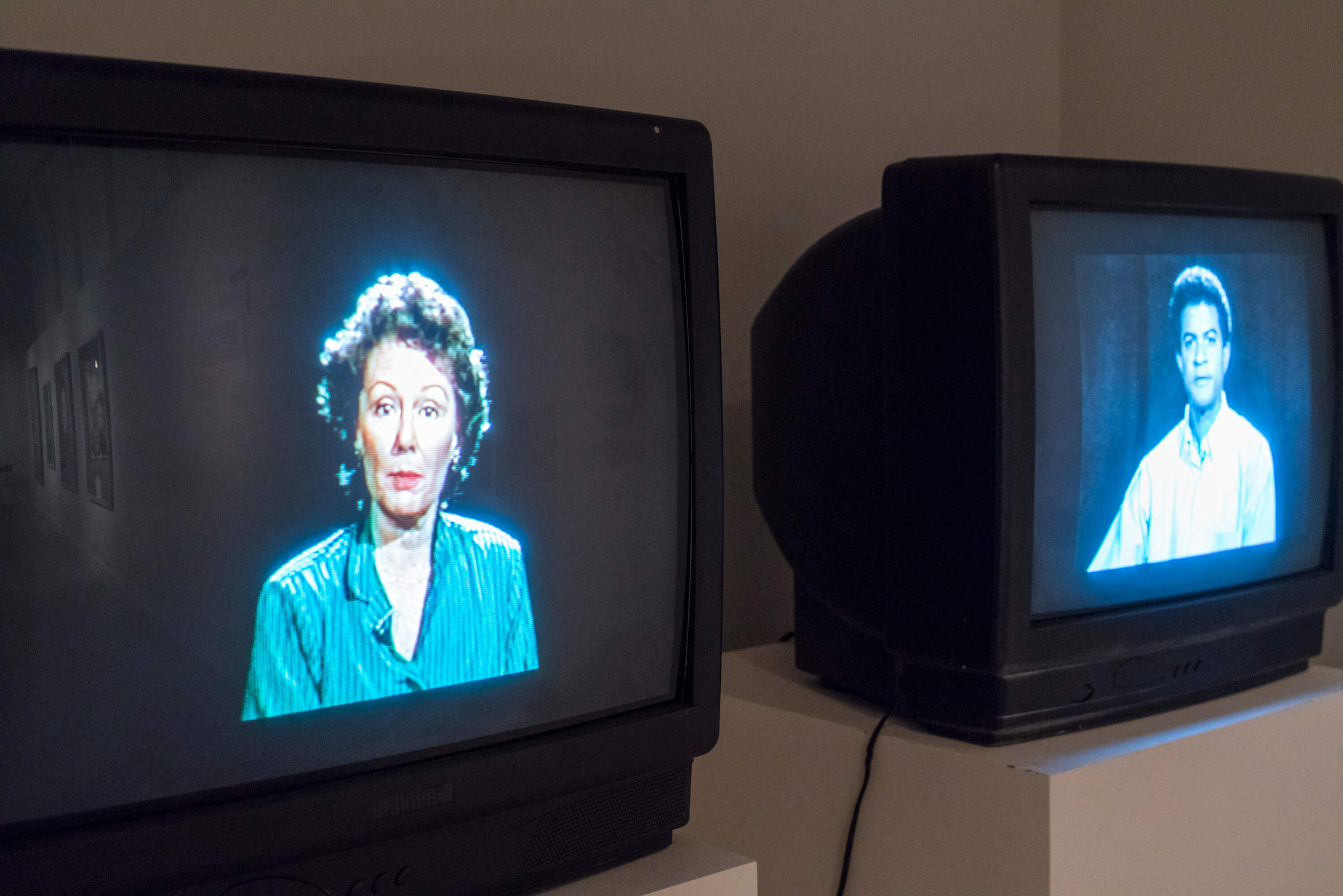Nicholas Ray, USA, 93’, 1973,
English with Turkish subtitles
A decade after quitting Hollywood, legendary director Nicholas Ray accepted a teaching contract at Harpur College in Binghamton, New York. We Can’t Go Home Again, is Ray’s enormously ambitious, profoundly personal, wildly experimental magnum opus.
Hommage to Nicholas Ray
Nicholas Ray spent the glory years of his career creating films that were dark, emotionally charged, and haunted by social misfits and bruised young people consumed by private anguish. Yet his work on-screen is more than matched by the passions and struggles of his personal story—one of the most dramatic lives of any major Hollywood filmmaker. Nicholas Ray passed away 35 years ago in 1979.
Screenings can be seen with a discounted museum ticket (8 TL). No reservations taken.
Trailer

The exhibition Look at Me! Portraits and Other Fictions from the ”la Caixa” Contemporary Art Collection examines portraiture, one of the oldest artistic genres, through a significant number of works of our times. Through the exhibition we will be sharing about the artists and sections in Look At Me!.
Tuesday - Saturday 10:00 - 19:00
Friday 10:00 - 22:00
Sunday 12:00 - 18:00
The museum is closed on Mondays.
On Wednesdays, the students can
visit the museum free of admission.
Full ticket: 300 TL
Discounted: 150 TL
Groups: 200 TL (minimum 10 people)